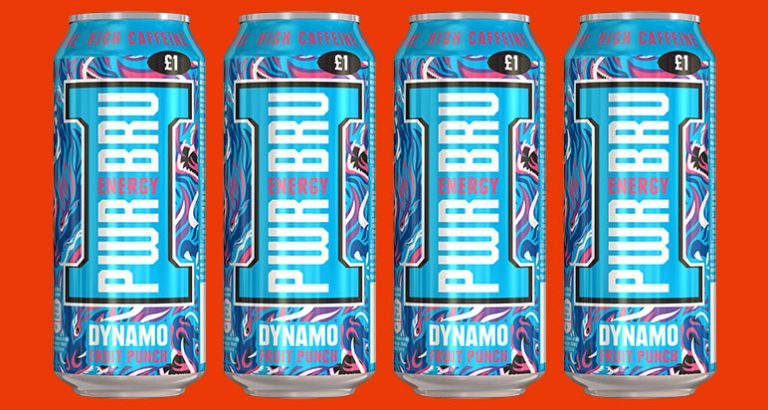The massively important energy drinks category has been quick to react to a rapidly evolving marketplace with shifting consumer demands and legislative changes.
Sales trends over the last year have unquestionably been shaped by the introduction of the Soft Drinks Industry Levy in April last year and the huge energy drinks category has certainly felt the effects.
Mark Bell, Strategy and Planning Manager at Red Bull UK, comments: “With the heightened importance placed on the health agenda over the past year and the Soft Drinks Industry Levy in place, consumers are swaying more towards sugar-free options. Therefore, it is imperative that retailers offer a low kcal alternative – meaning that a higher proportion of space is being dedicated to low kcal products.”
Bell highlights that diet is now worth £144m, which equates to 11.3% of the sports and energy category, increasing by 1.7% from 2017 [IRI, Jan 2018]. Growing at 7% to £31.9m, Red Bull Sugarfree 250ml is the number one low kcal sports and energy drink.
“The extension of the Red Bull Sugarfree range is designed to drive value within the energy drinks category, with the brand-new range offering choice and removing the current taste and health barriers to trial,” says Bell.
Space allocation
One challenge that all retailers face is the allocation of scarce space in the chiller. Matthew Gouldsmith, Channel Director, Wholesale at Lucozade Ribena Suntory, advises: “In order to mirror what shoppers will be looking for, space in the soft drinks chiller should be allocated according to what sells best. The bulk of each segment should be made up of the biggest brands, including the UK’s number one energy brand, Lucozade Energy and category-leading sports drink Lucozade Sport.”
Red Bull also advises retailers to stock the most efficient range to drive the greatest value, whilst category space should be aligned with share of sales to maximise sales.
Looking ahead
It seems clear that the majority of NPD and key trends will continue to focus on low kcal products, but it’s vital not to forget that the core remains crucial to category success.
Bell suggests that “taste and refreshment are always going to be key drivers in the sports and energy drinks market” and that “busier lifestyles and increasingly time-poor consumers mean that the market is looking for more all the time”.
He predicts that products that deliver added value for a range of occasions, such as multi-vitamins, protein or a functional energy boost, will be important in the future.
Overall, Red Bull is growing +8.4% in value and +12% in volume [IRI, Apr 2018]. It is performing well across all channels within the UK, particularly Take Home (+8.0% by value) and Symbols (+7.0% by value) [IRI, Jan 2018].
Bell comments: “Red Bull value growth is being driven by the iconic 250ml Energy Drink pack, Sugarfree range and Energy Drink alternative size options, all up +7.7%, +14.9% and +26.1% respectively vs YA. [Red Bull, Oct 2018]. As the number one single serve soft drink, Red Bull Energy 250ml is a must stock for retailers planning their adult soft drinks offering.”
Varied pack formats are also playing a more important role with Red Bull 355ml and 473ml cans growing at 27.6% and 5.4% [IRI, Jan 2018] respectively.
Space can be a big challenge for retailers as many look to consolidate their range in-store.
Red Bull advises retailers to stock the most efficient range to drive the greatest value, whilst category space should be aligned with share of sales to maximise sales.
Stocking the packs from the bestselling brand and sugar-free options – such as Red Bull’s Sugarfree 355ml, which continues to perform well and has grown 65.9% [IRI], and Red Bull Energy 250ml, the number one single serve soft drink, worth £137.5m and growing +3% [IRI] – will help maximise sales from limited space.








